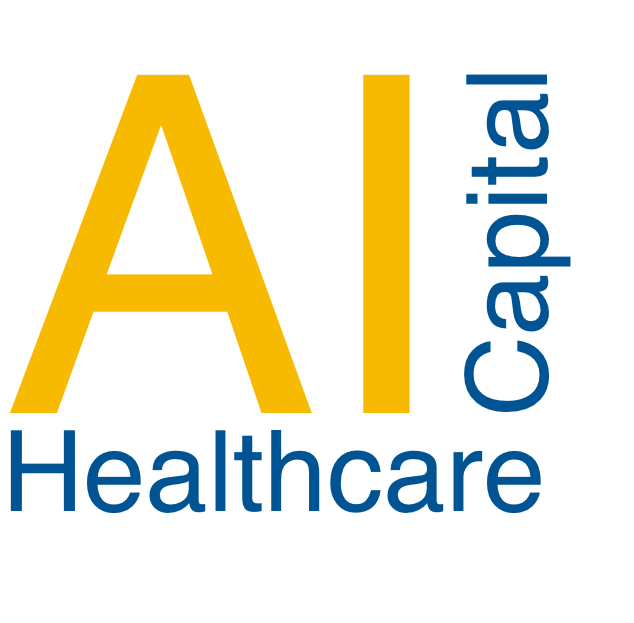by Ewelina Woloszyn, August 16, 2022
The Healthcare System struggles with a lot of problems, many were not created by COVID-19, but it showed us a scale. Some say that we are living in post-COVID world, but some of the problems have not disappeared. Starting with not enough healthcare workers, also the world has an aging society that will require more help to stay healthy, the rising number of healthcare professionals citing burnout are just a few of the issues facing healthcare there are many more.
Additionally, underrepresented groups in many cases have limited access to quality healthcare. Let’s start with misdiagnosis, that in some cases could be caused by human factors, including the possibility of medical malpractice due to many factors, including the ones mentioned above. The cause could be also different, let’s imagine that the doctor at the time of learning to diagnose cancer, for example, he or she did not have the opportunity to deal with differentiated cases in relation to a group that, for example, has a different skin color than white or are different based on ethnic factors. He or she did not have experience in detecting or learning the patterns of a specific disease among these other ethnic groups. Fortunately, there are sSome of doctors that have had the chance to serve in different places, and among different ethnic groups
Artificial Intelligence solutions could help with providing a better access to quality healthcare and the diagnosis for any type of unique variant among disparate ethnic groups. With diversity of data and pattern recognition, it could help healthcare providers with better diagnosis and lower the number of mistakes. We still have to be aware about the promise and challenges, because garbage in, garbage out. That means the data should be high value and reflect different groups that could be omitted. We have to address in the process how to serve the society and build the diversity groups that will enrich the ideas, and solutions.






